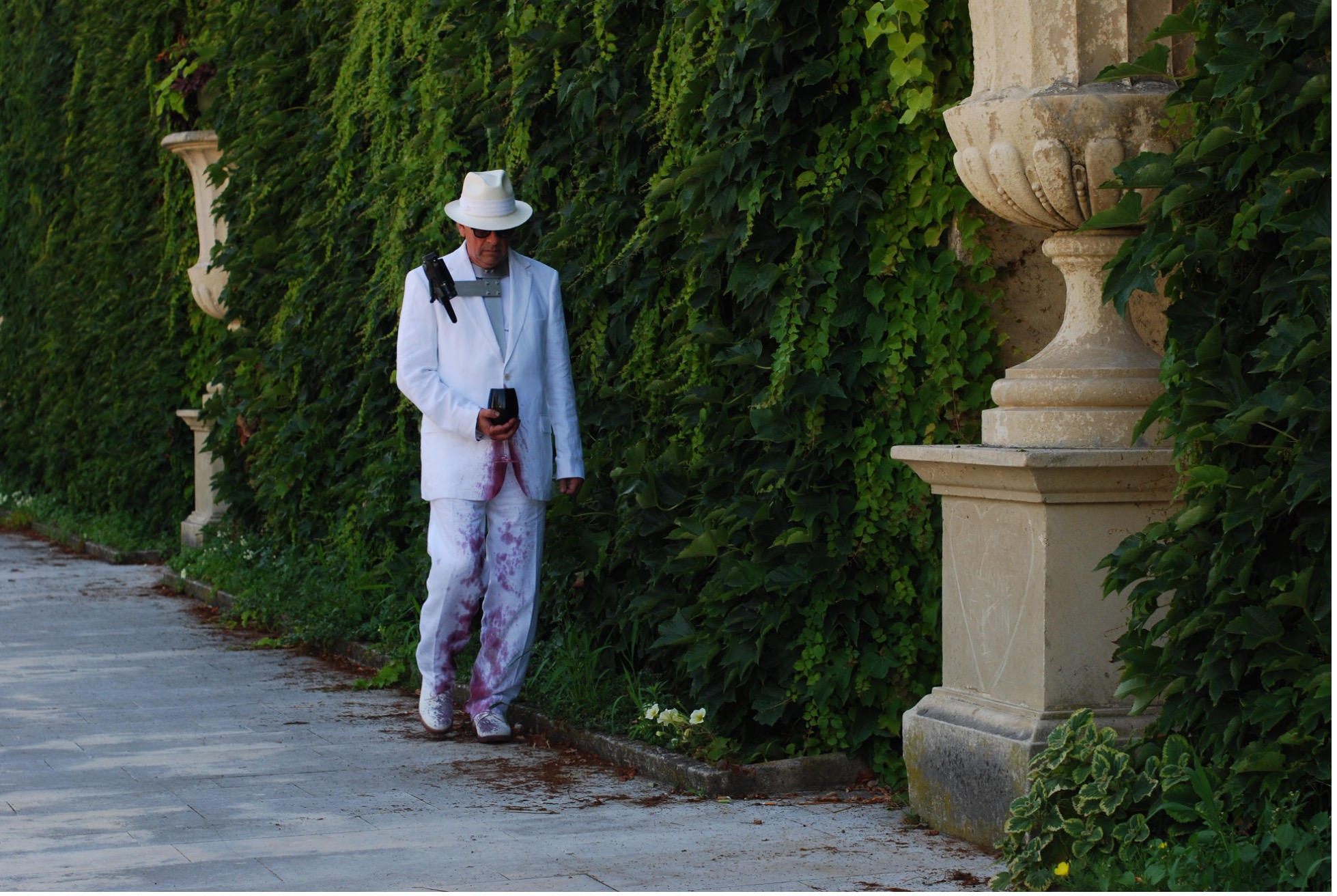Dennis Adams
Professor
Dennis Adams’ work addresses historical and sociopolitical undercurrents in photography, cinema, Public space and architecture. He has realized over fifty urban projects in cities worldwide—from Antwerp to Zagreb. His work has been presented in solo and group exhibitions in museums throughout North America and abroad, including: the Museum of Modern Art, New York; the Getty Research Institute, Los Angeles; the Centre Georges Pompidou, Paris; the Städtische Galerie im Lenbachhaus, Munich; the Fotomuseum Winterthur, Zurich; the Museum of Contemporary Art, Chicago; the San Francisco Museum of Modern Art; Sculpture Project in Münster Germany, the Centro de Arte Contempråneo Wilfredo Lam, Havanna, Cuba; the Jeu de Paume, Paris; the Mies Van Der Rohe Pavilion, Barcelona; the Museo Thyssen-Bornemisza, Madrid; and the National Museum of Modern Art, Kyoto.
Adams artworks are included in extensive public collections both in the United States and abroad. He is a recipient of three National Endowment for the Arts Awards in: 1984,1988, and 1995; the DAAD Berlin Artists-in-Residence Program in 1989; and a Guggenheim Fellowship in 2018.
Adams has taught at numerous institutions, including: Parsons School of Design, New York; Ecole Nationale Supérieure des Beaux-Arts, Paris; Rijksakademie van Beeldende Kunsten, Amsterdam; Akademie der Bildenden Künste, Munich; Malmö Art Academy, Sweden; the Bergen Academy of Art and Design in Norway; and the Metropolis Postgraduate Program in Architecture and Urban Culture in Barcelona. From 1997 to 2001, he was Director of the Visual Arts Program and Professor in the School of Architecture at MIT—before joining the School of Art faculty at The Cooper Union in 2001, where he currently teaches Three-Dimensional Design and Sculpture.
Adams received his BFA from Drake University in Des Moines in 1969 and his MFA from the Tyler School of Art in Philadelphia in 1971.





